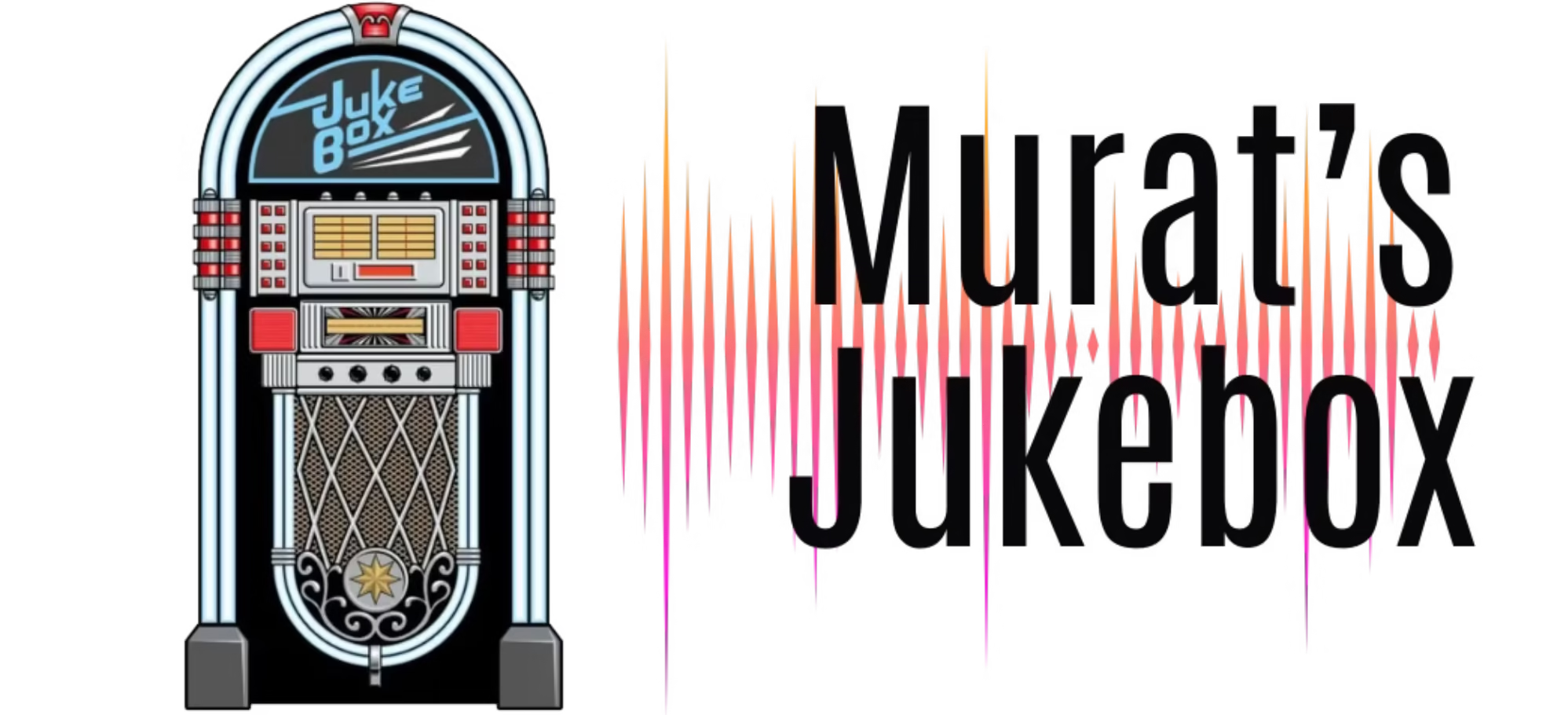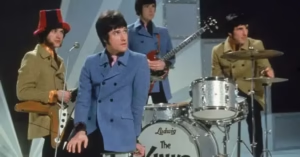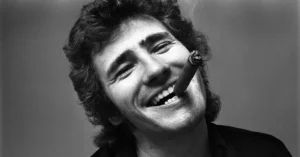REO Speedwagon: Power Ballads, Arena Anthems, and Rock Resilience
REO Speedwagon. Formation and Early Years
REO Speedwagon was formed in 1967 in Champaign, Illinois, by University of Illinois students. The band took its name from the REO Speed Wagon, a 1915 truck designed by Ransom Eli Olds — symbolizing both power and Americana.
REO Speedwagon. Original founders included:
- Neal Doughty – Keyboards
- Alan Gratzer – Drums
- Gary Richrath – Guitar (joined 1970; essential to the classic sound)
- Kevin Cronin – Vocals, rhythm guitar (joined in 1972, briefly left, then rejoined in 1976)
REO Speedwagon. Early Albums and Cult Following (1971–1976)
The band’s first few albums, including REO Speedwagon (1971) and Ridin’ the Storm Out (1973), built a strong Midwestern fan base, driven by relentless touring and guitar-heavy FM rock.
Key early tracks:
- “157 Riverside Avenue”
- “Ridin’ the Storm Out” – A concert staple
- “Keep Pushin’” – Reflective of their perseverance
Kevin Cronin’s re-entry in 1976 as lead vocalist marked the start of their classic lineup and an evolution toward more melodic rock and ballads.
REO Speedwagon. Breakthrough and Arena Rock Dominance (1977–1984)
✦ You Can Tune a Piano, But You Can’t Tuna Fish (1978)
A playful title, but a serious leap in popularity.
Key tracks:
- “Roll with the Changes”
- “Time for Me to Fly” – Became one of their most enduring hits
This period saw REO Speedwagon transition into arena rock mainstays, blending upbeat rock with emotional, radio-friendly ballads.
✦ Hi Infidelity (1980)
Their career-defining album, topping the Billboard 200 and going 10× platinum in the U.S.
Hits include:
- “Keep On Loving You” – Their first #1 hit; helped pioneer the power ballad
- “Take It on the Run” – A storytelling classic with one of rock’s most famous choruses
- “Don’t Let Him Go” – A gritty rocker
This album marked their peak in popularity, capitalizing on the early ‘80s appetite for emotional, soaring rock songs.
REO Speedwagon. Continued Success and Changes (1982–1990)
✦ Good Trouble (1982)
Follow-up to Hi Infidelity with hits like:
- “Keep the Fire Burnin’”
✦ Wheels Are Turnin’ (1984)
Another major success with the huge hit:
- “Can’t Fight This Feeling” – A #1 ballad and prom night staple
- “One Lonely Night” – Showed their lighter, romantic side
This period confirmed REO as one of the major arena rock acts of the decade, alongside Journey, Foreigner, and Styx.
Decline and Revivals (1990s–Present)
After Life as We Know It (1987), the band’s popularity waned with the rise of grunge and alternative rock.
- Guitarist Gary Richrath departed in 1989; his departure marked the end of their golden era
- Kevin Cronin continued to lead the band, keeping the spirit alive through touring
- The band focused on live albums and greatest hits compilations
In the 2000s, REO Speedwagon gained renewed interest through:
- Appearances on TV and nostalgic rock tours
- Co-headlining tours with Styx, Chicago, Def Leppard, and
- Find Your Own Way Home (2007) – Their first studio album in over a decade
Legacy and Influence
REO Speedwagon’s legacy lies in their:
- Mastery of power ballads and radio-ready rock
- Midwestern work ethic and relatable lyrics
- Influence on ’80s rock, soft rock, and adult contemporary music
They’ve sold over 40 million albums worldwide, with Hi Infidelity ranking among the top-selling albums of the 1980s.
Their songs remain staples on:
- Classic rock radio
- Movie soundtracks
- Nostalgic pop culture moments (Stranger Things, Hot Tub Time Machine)
Interesting Facts
- “Keep On Loving You” was one of the first power ballads to top the charts, predating even Journey’s “Open Arms.”
- Gary Richrath was known for his emotive, soaring guitar solos, which gave the band its edge.
- The band still tours regularly with Cronin at the helm, maintaining a devoted fan base across generations.
- REO was one of the first rock bands to release a high-quality, full-length concert on laserdisc in the early ‘80s.





